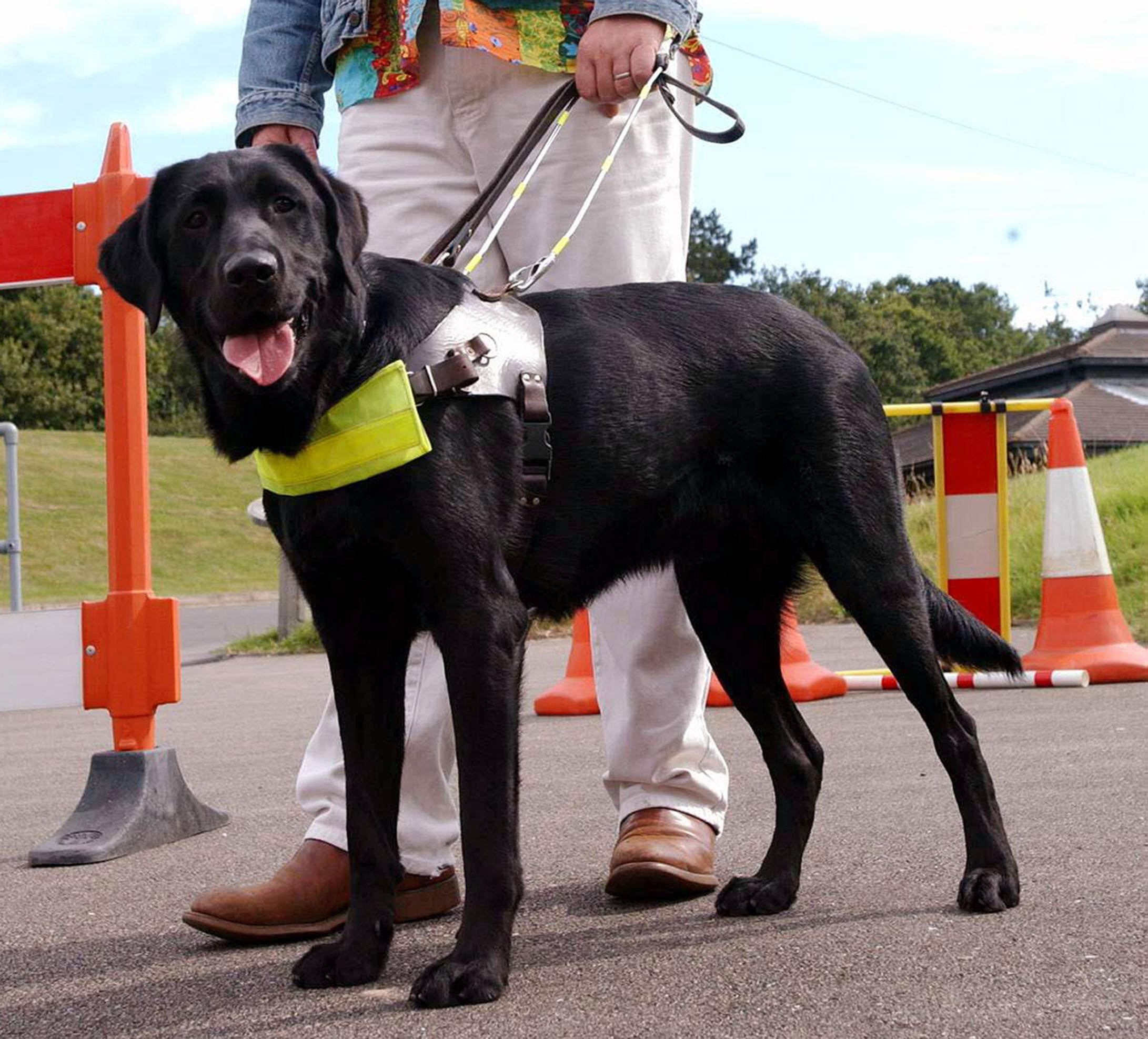Support for patients with communication needs ‘worse since start of pandemic’
The NHS has been urged to ‘better support communication needs of deaf people, those with sight loss or mental health issues’.

Your support helps us to tell the story
From reproductive rights to climate change to Big Tech, The Independent is on the ground when the story is developing. Whether it's investigating the financials of Elon Musk's pro-Trump PAC or producing our latest documentary, 'The A Word', which shines a light on the American women fighting for reproductive rights, we know how important it is to parse out the facts from the messaging.
At such a critical moment in US history, we need reporters on the ground. Your donation allows us to keep sending journalists to speak to both sides of the story.
The Independent is trusted by Americans across the entire political spectrum. And unlike many other quality news outlets, we choose not to lock Americans out of our reporting and analysis with paywalls. We believe quality journalism should be available to everyone, paid for by those who can afford it.
Your support makes all the difference.One in four patients who have extra communication needs, including deaf and blind people, have been “refused” communication support while accessing NHS care, a poll suggests.
A survey of 605 people with communication needs in England, including people who have sight or hearing loss or have mental health issues, found that two thirds (67%) said communication support had got worse since the start of the pandemic.
Some 28% said they had been refused a request for support to understand healthcare information, according to an analysis by Healthwatch England, shared with the PA news agency.
This includes requests for information being provided in formats such as Braille, British Sign Language and easy read.
Some 38% said that not being given information in the right format affected their mental health and wellbeing, while 29% said they missed out on important information about their health and 27% said they could not contact a service they needed.
Sarah Leadbetter, 46, from Narborough, Leicestershire, was diagnosed with Bardet-Biedl syndrome, a disease that affects sight, at the age of 23, but she is often sent letters by healthcare services.
The 46-year-old has asked for health information to be sent via email so she can use an audio tool which reads out her messages.
“Information about my chemotherapy was provided in eight printed booklets,” she said.
“I didn’t have any idea what the process would involve or what the side effects of the treatment would be, until a nurse went out of their way to email the information.
“Even after I showed up with my guide dog, they still posted the information to me.”
Healthwatch England said that health and care services are failing in their legal duty to provide accessible information for people with physical and learning disabilities.
The patient champion called on new NHS bodies to ensure that all parts of the system are accessible to all.
Our findings are a stark reminder that some of the most vulnerable people in our society are still excluded from access to healthcare because they communicate in British Sign Language or they need information in visual formats
It said a fifth of respondents said they have a mental health condition including depression and anxiety.
Among this group, seven in 10 (70%) said the lack of information in a format that they could understand had a further impact on their mental health and wellbeing.
The findings come as NHS England is conducting a review of the Accessible Information Standard, a legal requirement to ensure all publicly funded health and social care providers meet the information and communication needs of people who are deaf, blind or have a learning disability.
Publication of this review is expected later in the year, Healthwatch England said.
Louise Ansari, national director at Healthwatch England, said: “Our findings are a stark reminder that some of the most vulnerable people in our society are still excluded from access to healthcare because they communicate in British Sign Language or they need information in visual formats.
“And this is despite that fact that their rights to accessible information are protected in law.
“People’s right to accessible information should be based on their communication needs, not just on a diagnosed disability.
“For instance, people who have a mental health condition or are waiting for a diagnosis should have a right to request communication support in the same way as people who have a sensory loss or a learning disability.
“If people cannot get information about their healthcare they understand, this can have a significant impact on their mental health and can lead to them missing doctor’s appointments or taking the wrong medication, putting them in danger.
“As we are waiting for the review of the Accessible Information Standard, we strongly advise that NHSE and the newly created 42 integrated care systems ensure equitable access to healthcare for everyone.”
Dr Michael Brady, deputy director for patient equalities at NHS England, said: “Ensuring patients are able to understand the information given to them is not just a legal duty, but an important part of how we can support them to play an active role in their own health and care.
“That’s why we are now reviewing the Accessible Information Standard, including how to better ensure people’s communication needs are met, and we welcome the support from patient groups.”